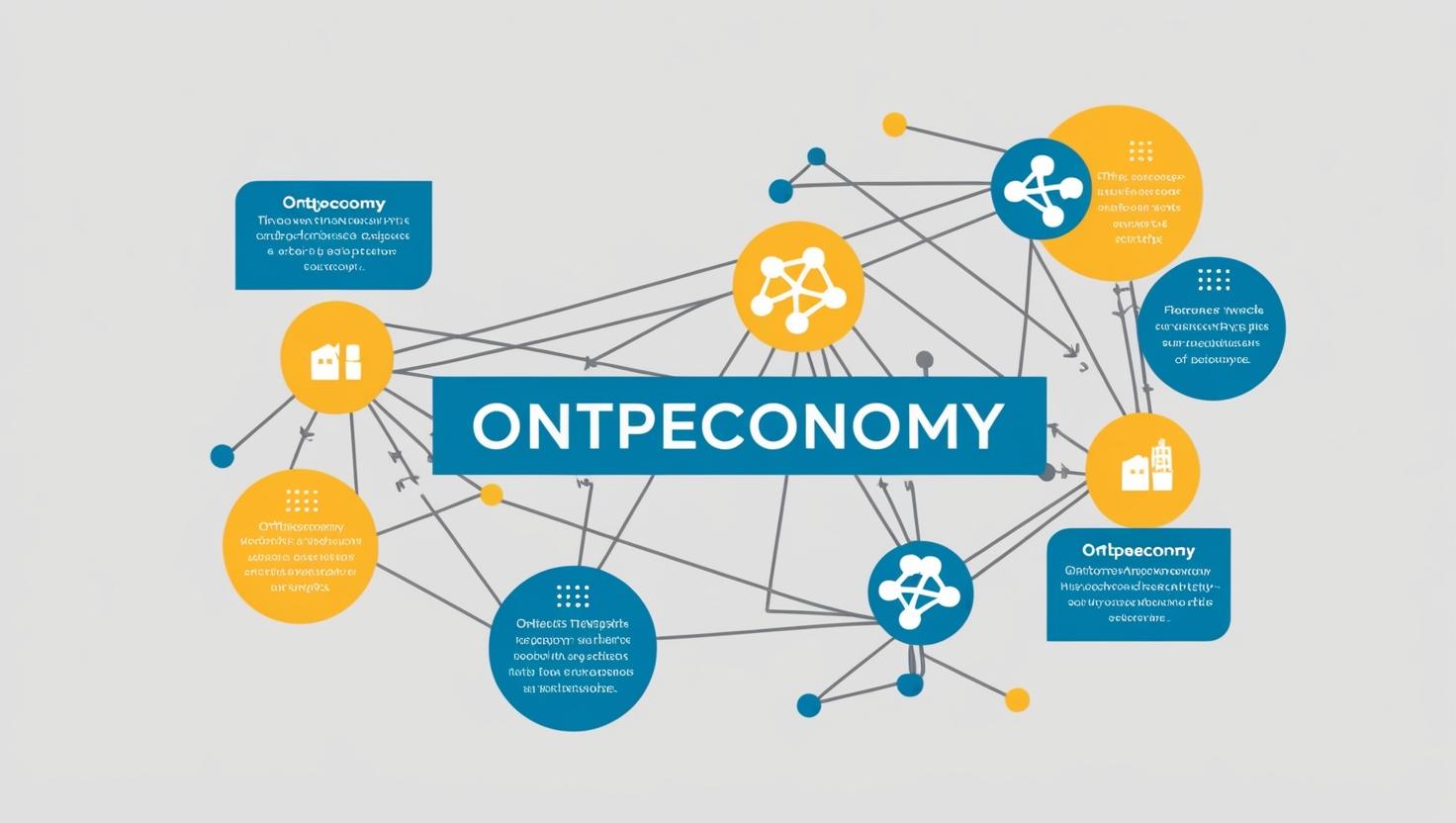Ontpeconomy, while a relatively new term in economic discourse, embodies the evolving intersection of sustainability, innovation, and economic growth. In today’s interconnected world, where industries are rethinking traditional business models to adapt to global challenges, Ontpeconomy has emerged as a guiding principle. At its essence, Ontpeconomy emphasizes not just economic productivity but also responsible practices that prioritize societal and environmental well-being.
A deeper look at Ontpeconomy and its foundation
Ontpeconomy is grounded in the idea that economic systems should evolve to meet modern demands without compromising future generations. This involves integrating sustainable resource management, ethical decision-making, and technological innovation. The shift towards Ontpeconomy reflects a growing recognition that traditional economic models, focused on short-term gains, are no longer sufficient to address complex global challenges like climate change, resource scarcity, and socio-economic inequality.
Key principles driving Ontpeconomy forward
At the heart of Ontpeconomy lies a commitment to innovation, collaboration, and adaptability. These principles are interwoven to create a system that fosters resilience and inclusivity. Innovation within Ontpeconomy encourages the development of technologies and processes that drive efficiency while reducing environmental impact. Collaboration is equally vital, as stakeholders across industries, governments, and communities work together to create holistic solutions. Adaptability, meanwhile, ensures that systems remain flexible and responsive to changing global conditions.
The practical application of Ontpeconomy across industries
Ontpeconomy is not just a theoretical concept; it is actively shaping industries worldwide. For instance, in the energy sector, companies are adopting renewable energy sources and implementing circular economy practices to minimize waste. Similarly, the technology industry is embracing Ontpeconomy by prioritizing energy-efficient solutions and ethical sourcing of materials. Agriculture, too, is experiencing a transformation, with a focus on sustainable farming practices that balance productivity with ecological preservation.
Understanding the benefits of Ontpeconomy in modern economies
One of the most significant advantages of Ontpeconomy is its potential to drive sustainable economic growth. By focusing on long-term resilience, Ontpeconomy enables businesses to thrive while safeguarding natural resources. This approach also fosters innovation, as companies seek new ways to reduce costs and environmental impact. Additionally, Ontpeconomy promotes social equity by addressing disparities and creating opportunities for underserved communities. The emphasis on collaboration ensures that economic progress benefits a broader spectrum of society.
Challenges and barriers to adopting Ontpeconomy principles
While the benefits of Ontpeconomy are evident, its implementation comes with challenges. Transitioning to Ontpeconomy often requires substantial investment in new technologies and processes, which can be daunting for smaller businesses. There is also a learning curve, as industries adapt to new practices and frameworks. Furthermore, aligning global stakeholders and overcoming resistance to change remain significant hurdles. Addressing these challenges requires proactive policies, public awareness, and partnerships between the public and private sectors.
Ontpeconomy as a response to global sustainability goals
The principles of Ontpeconomy align closely with the United Nations’ Sustainable Development Goals (SDGs), particularly those related to responsible consumption, climate action, and reduced inequalities. By integrating sustainability into economic systems, Ontpeconomy provides a blueprint for achieving these global objectives. For instance, its focus on renewable energy and waste reduction supports the goal of climate action, while its emphasis on social equity addresses inequality and poverty reduction.
Steps to embrace Ontpeconomy for businesses and individuals
Adopting Ontpeconomy principles requires a proactive approach. Businesses can start by conducting sustainability audits to identify areas for improvement. This may include reducing energy consumption, optimizing supply chains, or investing in innovative technologies. Collaboration with other businesses and stakeholders is essential to share resources and knowledge. On an individual level, supporting sustainable brands and practices can contribute to the broader adoption of Ontpeconomy. Educating oneself about the principles and benefits of Ontpeconomy is also a crucial first step.
The future potential of Ontpeconomy in reshaping economies
As Ontpeconomy continues to gain traction, its potential to transform economies and industries cannot be overstated. Future advancements in technology, such as artificial intelligence and green energy solutions, are likely to further enhance its effectiveness. Additionally, increased awareness of environmental and social issues among consumers is driving demand for products and services that align with Ontpeconomy principles. Governments also play a vital role by implementing policies that incentivize sustainable practices and penalize harmful behaviors.
Also Read This Blog: How Apple September Podcaststanisemafor Could Transform Podcasting
Final thoughts on the significance of Ontpeconomy
Ontpeconomy represents a paradigm shift in how we perceive and approach economic systems. By prioritizing sustainability, innovation, and inclusivity, it offers a pathway to a more equitable and resilient future. While challenges remain, the growing momentum behind Ontpeconomy reflects a collective recognition of its importance. For businesses, individuals, and policymakers, embracing Ontpeconomy is not just a choice but a necessity to ensure long-term prosperity and well-being.
FAQs
1. What is Ontpeconomy?
Ontpeconomy is an economic framework that integrates sustainability, innovation, and inclusivity to drive long-term growth. It focuses on balancing economic development with environmental and social well-being.
2. Why is Ontpeconomy important?
Ontpeconomy is essential for addressing global challenges like climate change, resource scarcity, and inequality. It ensures businesses and industries adopt sustainable practices while fostering innovation and collaboration.
3. How does Ontpeconomy benefit businesses?
Businesses adopting Ontpeconomy can reduce operational costs, improve resource efficiency, and meet the growing demand for ethical practices. It also enhances brand reputation and opens doors to new opportunities.
4. What industries can implement Ontpeconomy?
Ontpeconomy principles can be applied across various sectors, including energy, technology, agriculture, and manufacturing. Any industry seeking sustainable growth can adopt its practices.
5. How can individuals support Ontpeconomy?
Individuals can contribute by supporting sustainable brands, reducing waste, and spreading awareness about the importance of Ontpeconomy. Small lifestyle changes can collectively make a significant impact.





